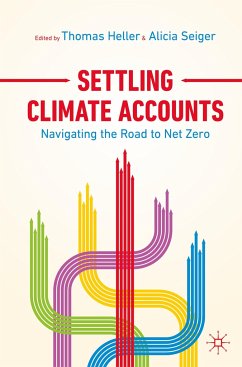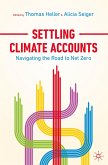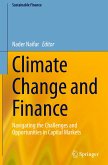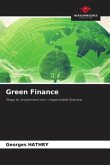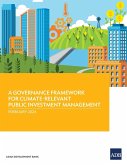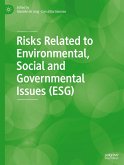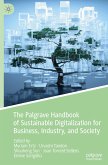As drivers of climate action enter the fourth decade of what has become a multi-stage race, Net Zero has emerged as the dominant organizing principle. Hundreds of corporations and investors worldwide, together responsible for assets in the tens of trillions of dollars, are lining-up for the UN Race to Zero. This latest stage in the race to save civilization from heat, drought, fires, and floods, is defined by steering toward zeroing out greenhouse gas emissions by 2050.
Settling Climate Accounts probes the practice of Net Zero finance. It elucidates both the state of play and a set of directions that help form judgements about whether Net Zero is going to carry climate action far enough. The book delves into technical analyses and activates the reader's imagination with narrative accounts of climate action past, present, and future.
Settling Climate Accounts is edited and authored by Stanford University faculty and researchers. Thefirst part of the book investigates the rough edges of Net Zero in practice, exploring questions of hedging risk, Scope 3 emissions, greenwashing, and the business of asset management. The second half looks at states, markets, and transitions through the lenses of blended finance, offsets, debt, and securitization. The editors tease out possible solutions and raise further questions about the adequacy and reach of the Net Zero agenda. To effectively navigate the road ahead, the editors call out the need for accountability and ask: who is in charge of making Net Zero add up?
Settling Climate Accounts offers context and foundation to ground the rapidly evolving practice of Net Zero finance. Targeted at seasoned practitioners, newly activated leaders, educators, and students of climate action the world over, this book embraces the complexity of climate action and, in so doing, proposes to animate and drive hope.
Settling Climate Accounts probes the practice of Net Zero finance. It elucidates both the state of play and a set of directions that help form judgements about whether Net Zero is going to carry climate action far enough. The book delves into technical analyses and activates the reader's imagination with narrative accounts of climate action past, present, and future.
Settling Climate Accounts is edited and authored by Stanford University faculty and researchers. Thefirst part of the book investigates the rough edges of Net Zero in practice, exploring questions of hedging risk, Scope 3 emissions, greenwashing, and the business of asset management. The second half looks at states, markets, and transitions through the lenses of blended finance, offsets, debt, and securitization. The editors tease out possible solutions and raise further questions about the adequacy and reach of the Net Zero agenda. To effectively navigate the road ahead, the editors call out the need for accountability and ask: who is in charge of making Net Zero add up?
Settling Climate Accounts offers context and foundation to ground the rapidly evolving practice of Net Zero finance. Targeted at seasoned practitioners, newly activated leaders, educators, and students of climate action the world over, this book embraces the complexity of climate action and, in so doing, proposes to animate and drive hope.

